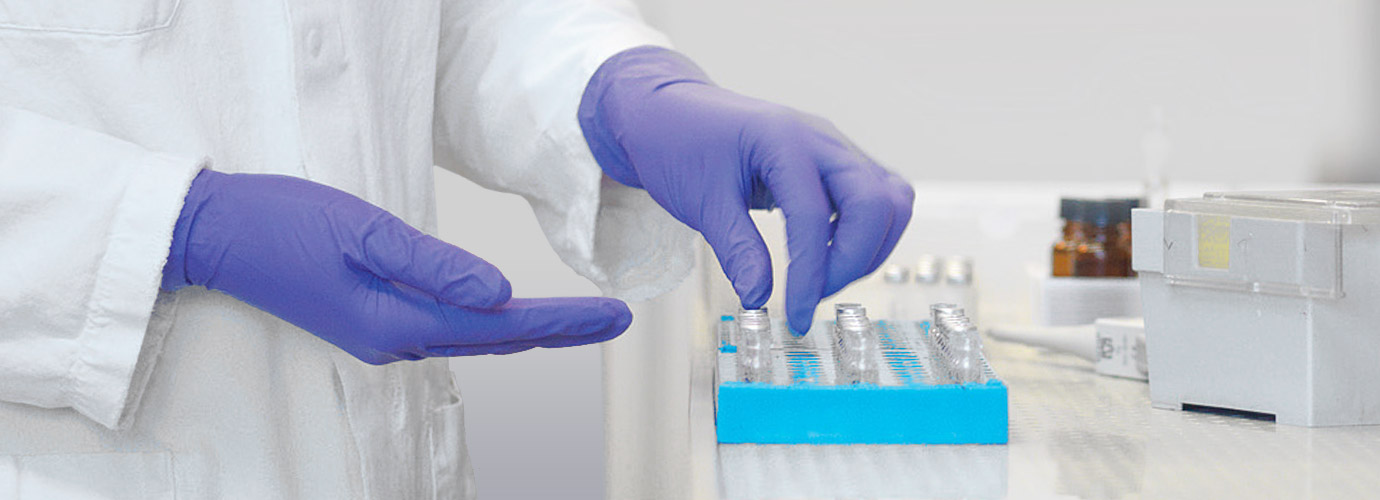Clinical study shows an association between a low Lactobacillus count in the meconium and Colic

09.2020
Author Sandra Rühle, M.Sc. Nutritionist
The intestinal microbiota is attributed an increasingly important role in colic and excessive crying. Especially after birth, the first colonisers are important for the formation of a healthy intestinal barrier and the modulation of local and systemic immune responses. Studies have shown that the meconium already contains a diverse microbiome and that colonisation of the infant intestine begins in utero. [1]
Study design: The prospective, population-based cohort study collected the meconium of 212 consecutive newborns, analysed its microbiome and evaluated whether there is an association with subsequent infantile colic. One year later, additional stool samples were collected from the subjects (n = 96) to analyse whether their composition could still be linked to colic in these one-year-olds.
Result: The meconium microbiome in infants diagnosed with infantile colic (n = 19) was different to that in infants not suffering from any symptoms (n = 139): colicky infants had a lower relative abundance of phylum Firmicutes (27% vs. 46%, p = 0.008) and Lactobacillus (0.54% vs. 4.6%, p = 0.04) in their meconium. This difference could no longer be detected in the follow-up samples taken one year later.
According to a random forest classification, the microbiome of the first stool predicted subsequent colic with an area under the curve (AUC) of 0.66 (SD 0.04) as compared to random chance (p < 0.001). No differences were found between infants with colic and infants without colic with regard to the number of OTUs (operative taxonomic units) and the Shannon index for assessing bacterial diversity.
Reference:
[1] Korpela et al. Microbiome of the first stool after birth and infantile colic. Pediatr Res (2020)


